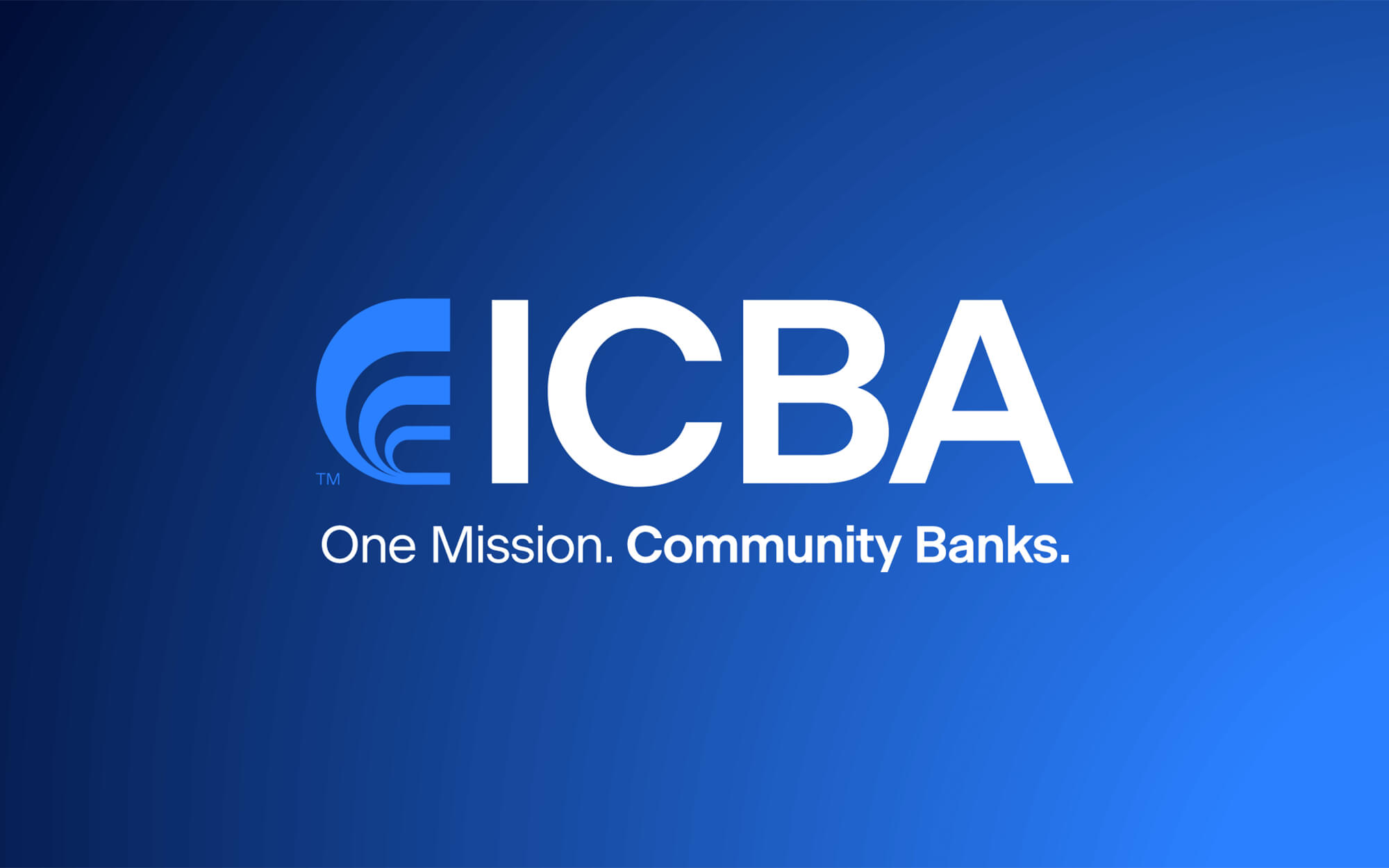ICBA released the results of a new data analysis demonstrating that credit union acquisitions of community banks are harming small businesses and local communities.
Data Shows Community Harm: As detailed in a new Main Street Matters blog post from ICBA President and CEO Rebeca Romero Rainey, the ICBA analysis of publicly available data found:
Credit unions have acquired 77 community bank charters with less than $50 billion in assets since 2010, with more than 40% involving a credit union headquartered in a different state than the acquired bank.
Nearly two-thirds of acquired banks saw an increase in net operating income in the five years leading up to their acquisition, showing credit unions are acquiring well-performing institutions.
Community banks have provided roughly 69.3% of Small Business Administration loans provided by banks and credit unions since 2010, compared to 2.8% from credit unions.
Community banks have accounted for 76.5% of SBA lending in the highest-poverty counties since 2010, compared with just 1.8% from credit unions—showing community banks are outperforming credit unions in lower-income communities.
In areas where community banks participated in SBA lending programs, SBA lending fell after nearly 80% of credit union acquisitions.
Total mortgage applications decreased in 57% of affected service areas following an acquisition, while the amount loaned per approved mortgage application decreased in 61% of acquisitions and mortgage denial rates increased in 61% of acquisitions.
Since 2010, community banks issued nearly 25 times more SBA 7(a) and 504 loans than credit unions, with community banks supporting nearly 6 million jobs compared to the 295,000 jobs supported by credit unions.
In the top 25% highest-poverty U.S. counties, community bank loans supported 433,227 jobs compared to just 16,415 jobs supported by credit unions, despite credit unions’ federal tax exemption.
Wake-Up Call to Policymakers: Romero Rainey said in a national news release that the data should serve as a wake-up call to policymakers given the harmful impact of these deals on small businesses, consumers, and local communities—particularly with community banks disproportionately outperforming credit unions in the high-poverty areas that credit unions receive a federal tax exemption to serve.
Spreading the Word: In a message to community bankers, Romero Rainey said ICBA will be sharing this information as it continues pressing lawmakers to address the credit union tax exemption, and she urged community bankers to make the most of these data points when discussing credit union issues with policymakers, customers, and the media.





